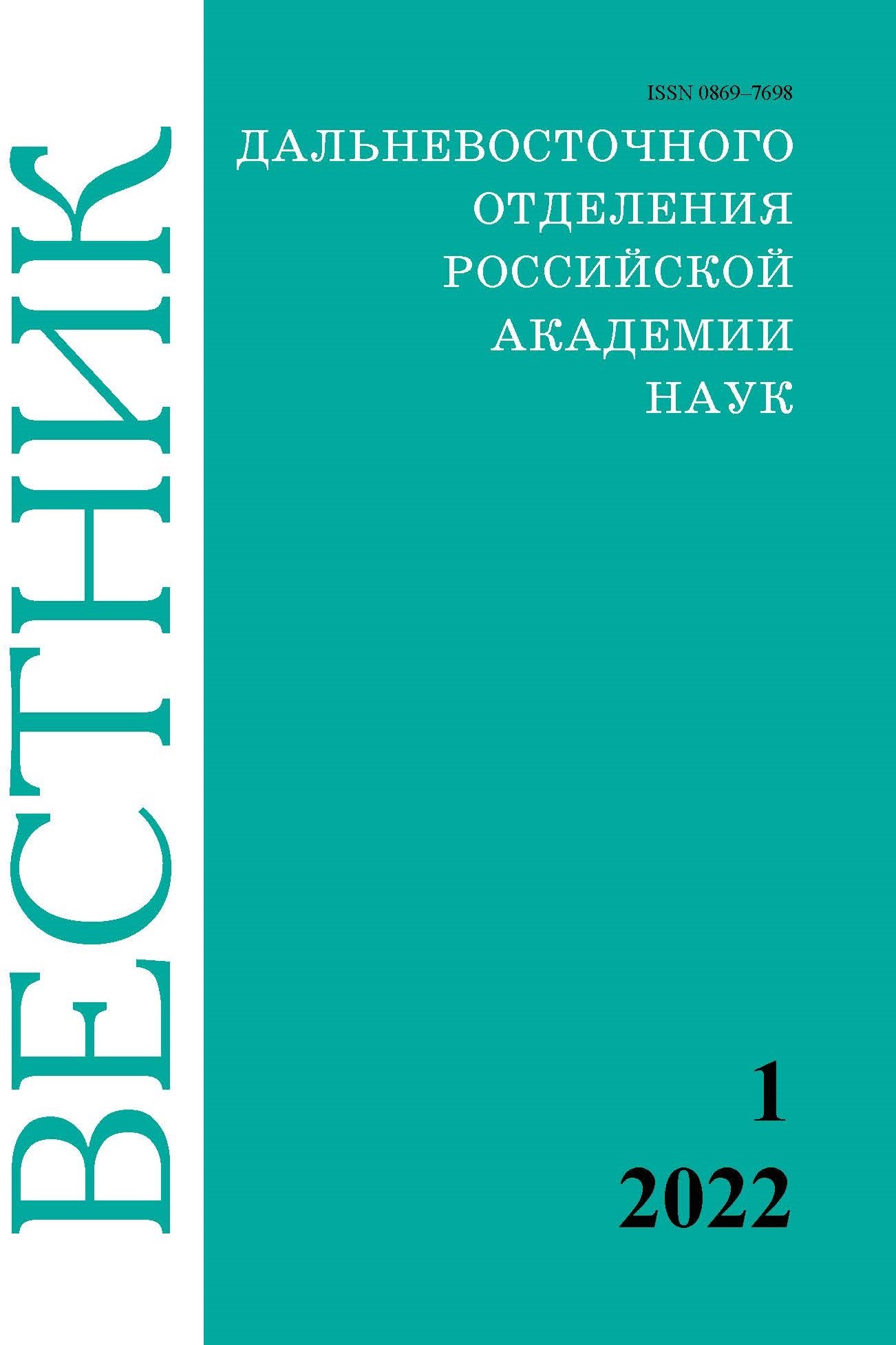Expedition No. 63 to the Philippine and South China Seas on the research vessel “Akademik Oparin” (April– June 2021). E.A. VASILEVA, A.N. YURCHENKO
Keywords:
expedition, Philippine Sea, South China Sea, Pacific Ocean, biodiversity, water area pollution, biologically active secondary metabolites, marine invertebrates, algaeAbstract
Expedition No. 63 to the Philippine and South China Seas on the research vessel “Akademik Oparin” (April–June 2021). E.A. VASILEVA, A.N. YURCHENKO (G.B. Elyakov Pacific Institute of Bioorganic Chemistry, FEB RAS, Vladivostok).
Preliminary results of the marine expedition of the G.B. Elyakov Pacific Institute of Bioorganic Chemistry (PIBOC) of the Far Eastern Branch of the Russian Academy of Sciences (FEB RAS) onboard the research vessel “Akademik Oparin” in April–June 2021 were presented. More than 400 samples of marine invertebrates and algae were collected. The analysis of the diversity and antimicrobial and cytotoxic activities of biologically active compounds in the extracts of marine invertebrates has been carried out. For further biochemical screening to identify biologically active metabolites 238 pure cultures of microscopic fungi were isolated. More than 160 samples of water, mollusks and macrophytes were collected to study heavy metals and arsenic pollutions. New data were obtained on the spatial-temporal distribution of the content of sea aerosols, tropospheric ozone and PM2.5 particulate matter over the water area of the seas of East Asia to identify pollution sources.


